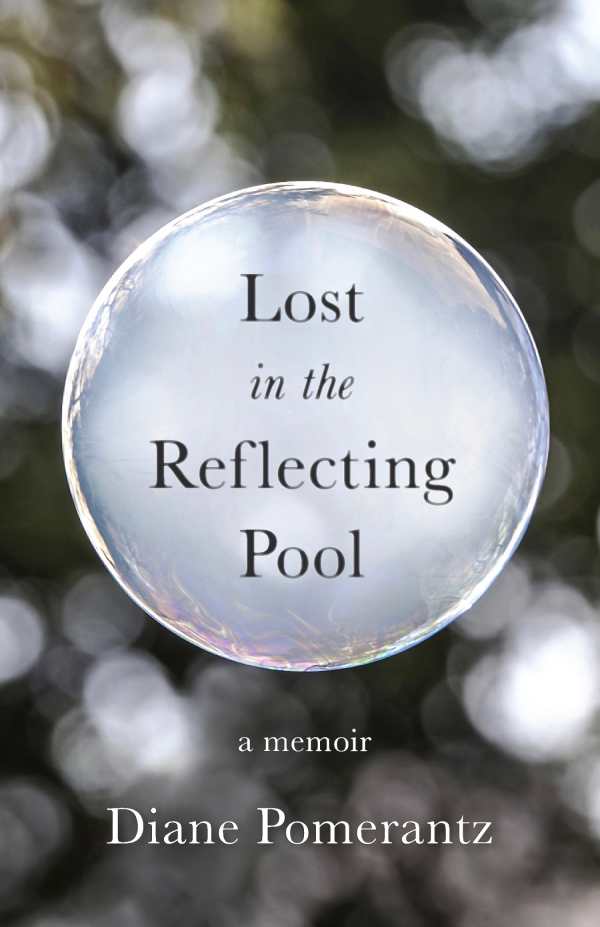Lost in the Reflecting Pool
A Memoir
- 2017 INDIES Winner
- Honorable Mention, Family & Relationships (Adult Nonfiction)
Diane Pomerantz’s memoir Lost in the Reflecting Pool is an emotionally taxing read that captures the reality of living in an abusive relationship.
Diane Pomerantz’s Lost in the Reflecting Pool is a searing memoir of a marriage gone wrong. It’s a story of psychological and emotional abuse but also one of resilience, strength, and finding one’s way out of the darkest times.
When psychologist Diane first meets Charles, he seems so perfect. Smart and charming, the psychiatrist appeals to her, though other people have reservations. Diane feels the occasional niggling worry over Charles’s behavior, but mostly she heads into their marriage full of happiness.
Over time, however, the truth becomes clear: Charles is an abusive narcissist. Diane describes infertility treatments, adoption attempts, raising two children, and keeping her career going, all while her doubts and suspicions about her husband grow. Diagnosed with breast cancer, she spends a year going through multiple surgeries and chemotherapy without any support from Charles, who grows increasingly manipulative, angry, and isolated. He becomes romantically involved with patients, violating professional ethics as well as betraying his marriage vows, and grows ever stingier with money. She knows something has to change.
Pomerantz’s account is riveting and harrowing. The book opens with a violent scene that leaves no doubt of the difficult material to come and casts a pall over the happy stories of the couple’s early married life. Those stories are convincing and make the slow descent into disillusionment and despair all the more moving.
As Pomerantz narrates her decades-long discovery of Charles’s true nature, the book is difficult to put down. Its atmosphere is nightmarish and grim, perfect for the subject matter. The pacing of events is relatively slow, and sometimes the anecdotes are similar, but the skill with which Pomerantz evokes sympathy and horror makes the book a page-turner.
The characters are richly developed. Charles’s coldness and self-absorption haunt the book, a darkness lightened by Diane’s stubborn resilience and the loyalty and compassion of her family and friends, all of whom go to great lengths to help. Watching her two children struggle to understand their father’s cruelty and their mother’s illness and depression is painful, but Pomerantz shows how their youthful buoyancy and optimism help counter these struggles.
Pomerantz’s writing is straightforward and unadorned, never calling attention to itself. Instead, she keeps the focus on the story and the family’s emotions. She also creates a strong sense of place, showing how their various houses in the Baltimore area mirror the different stages of their family history.
Diane Pomerantz’s memoir Lost in the Reflecting Pool is an emotionally taxing read that captures the reality of living in an abusive relationship and offers a ray of hope that it is possible to find one’s way out.
Reviewed by
Rebecca Hussey
Disclosure: This article is not an endorsement, but a review. The publisher of this book provided free copies of the book and paid a small fee to have their book reviewed by a professional reviewer. Foreword Reviews and Clarion Reviews make no guarantee that the publisher will receive a positive review. Foreword Magazine, Inc. is disclosing this in accordance with the Federal Trade Commission’s 16 CFR, Part 255.

